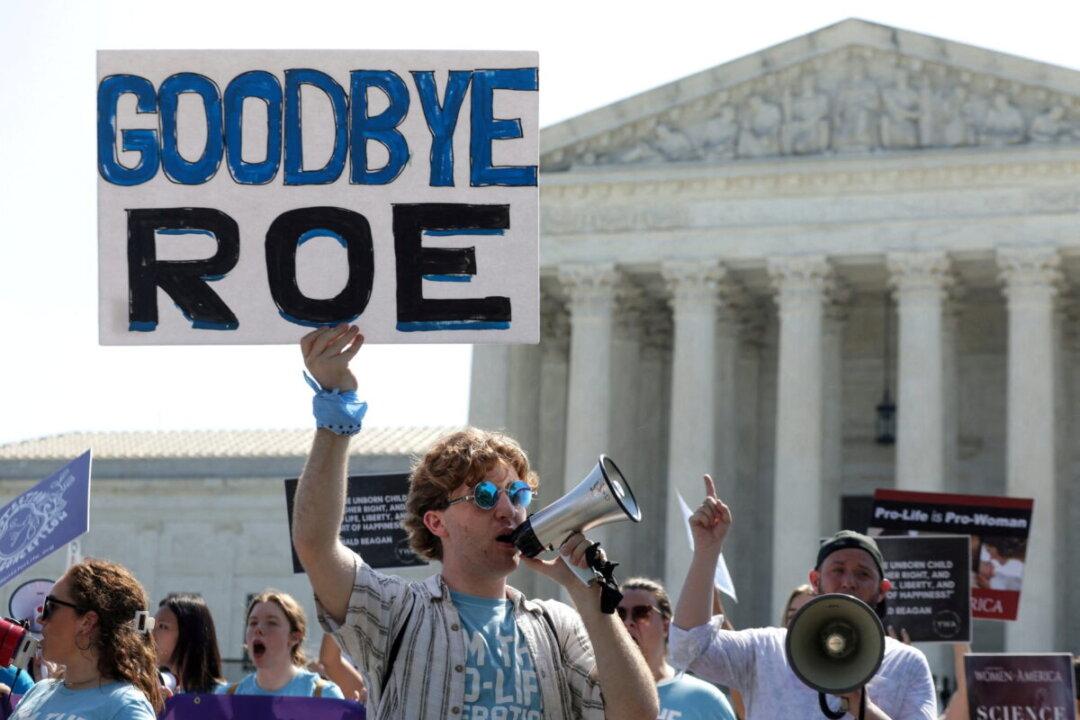The Arizona Court of Appeals ruled on Friday that doctors who perform abortions according to the state’s 15-week abortion ban can’t be prosecuted under a 1901 law that banned nearly all abortions.
However, the court didn’t repeal the territory-era law which outright bans abortions unless the woman’s life is in danger, finding that law harmonized with the more recent statute enacted in May that allows abortions up to 15 weeks.





